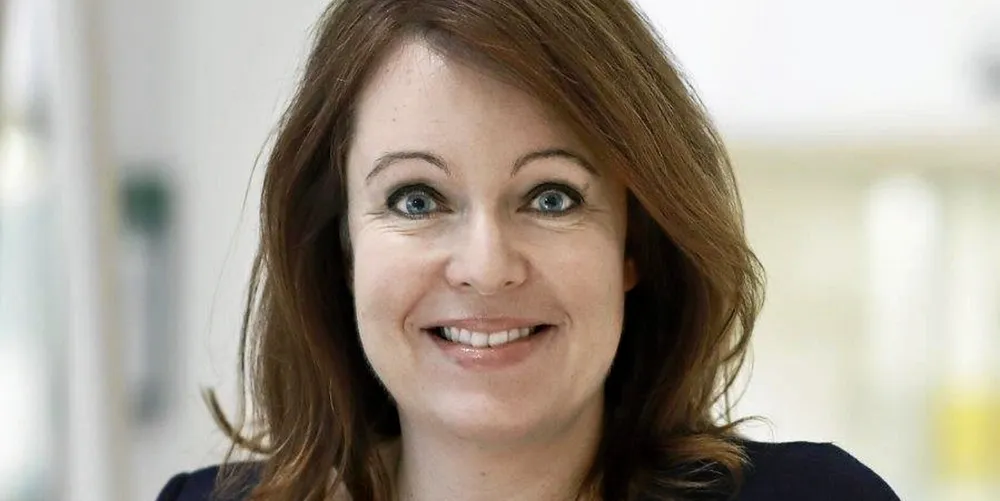Vattenfall wants wind to power fossil-free mining project in Sweden
Utility signs deal for partnership with mining firm Kaunis Iron to decarbonise iron ore facility near the Finnish border

Utility signs deal for partnership with mining firm Kaunis Iron to decarbonise iron ore facility near the Finnish border
